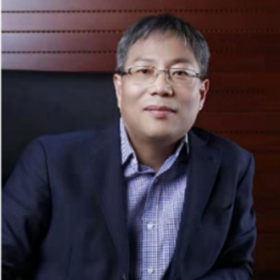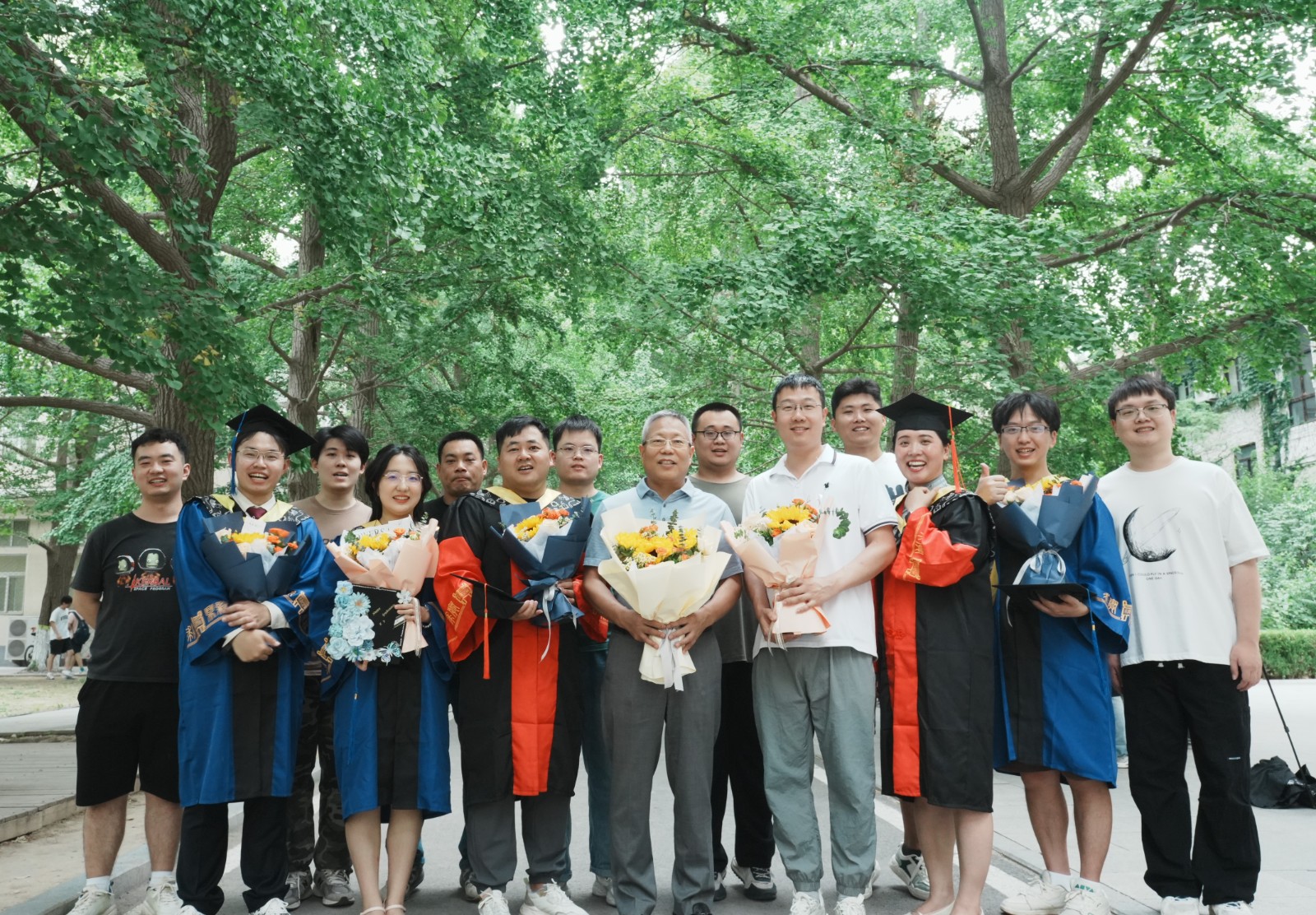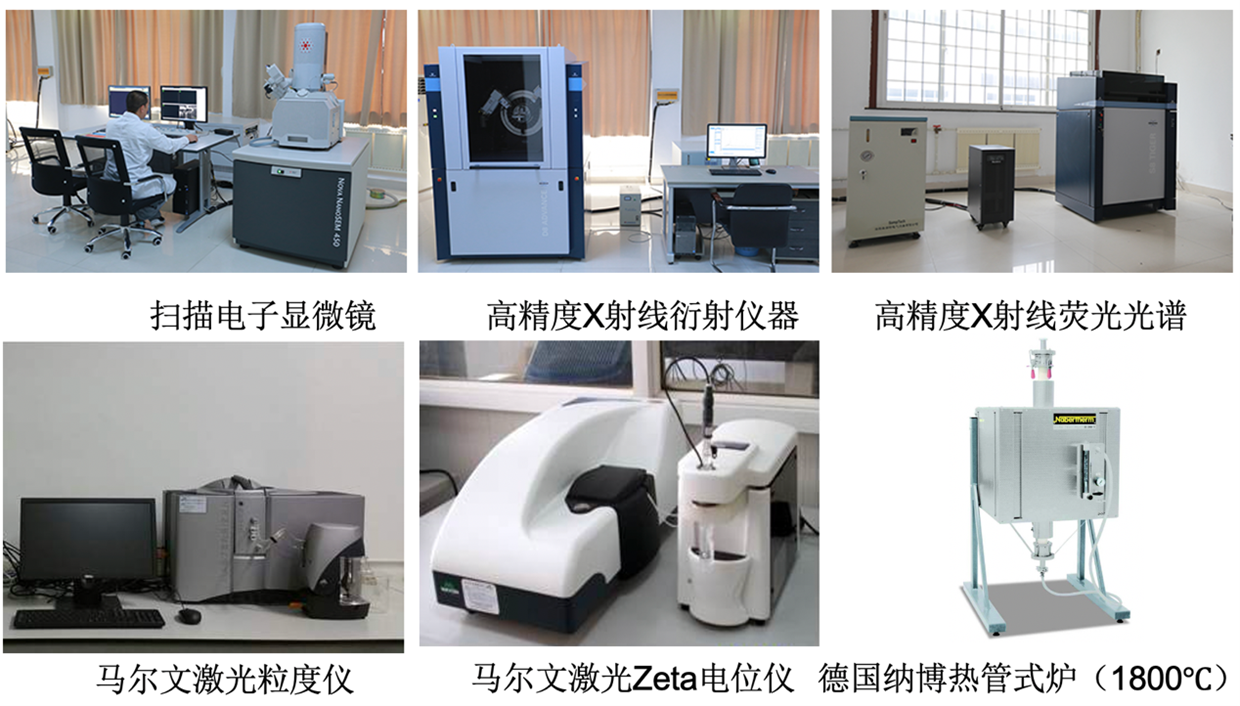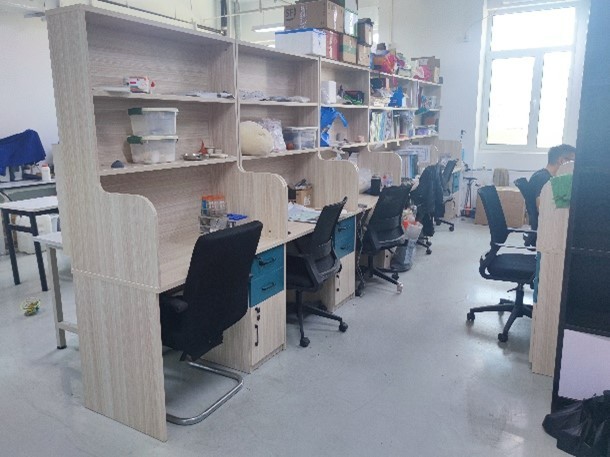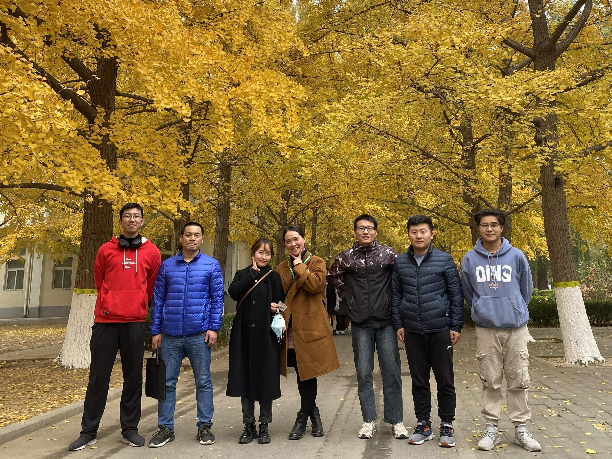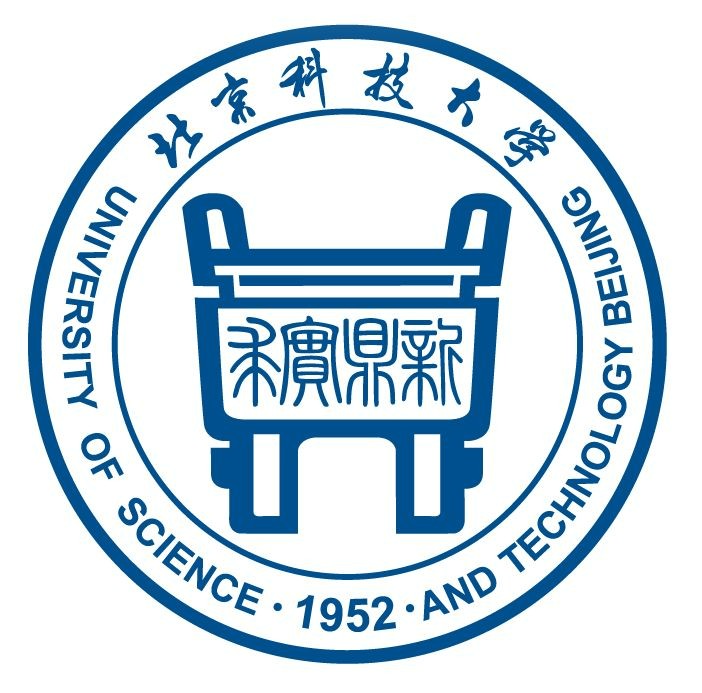
Interface Atomic Structure and New Materials Laboratory
School of Materials Science and Engineering, Beijing University of Science and Technology
School of Materials Science and Engineering, Beijing University of Science and Technology

